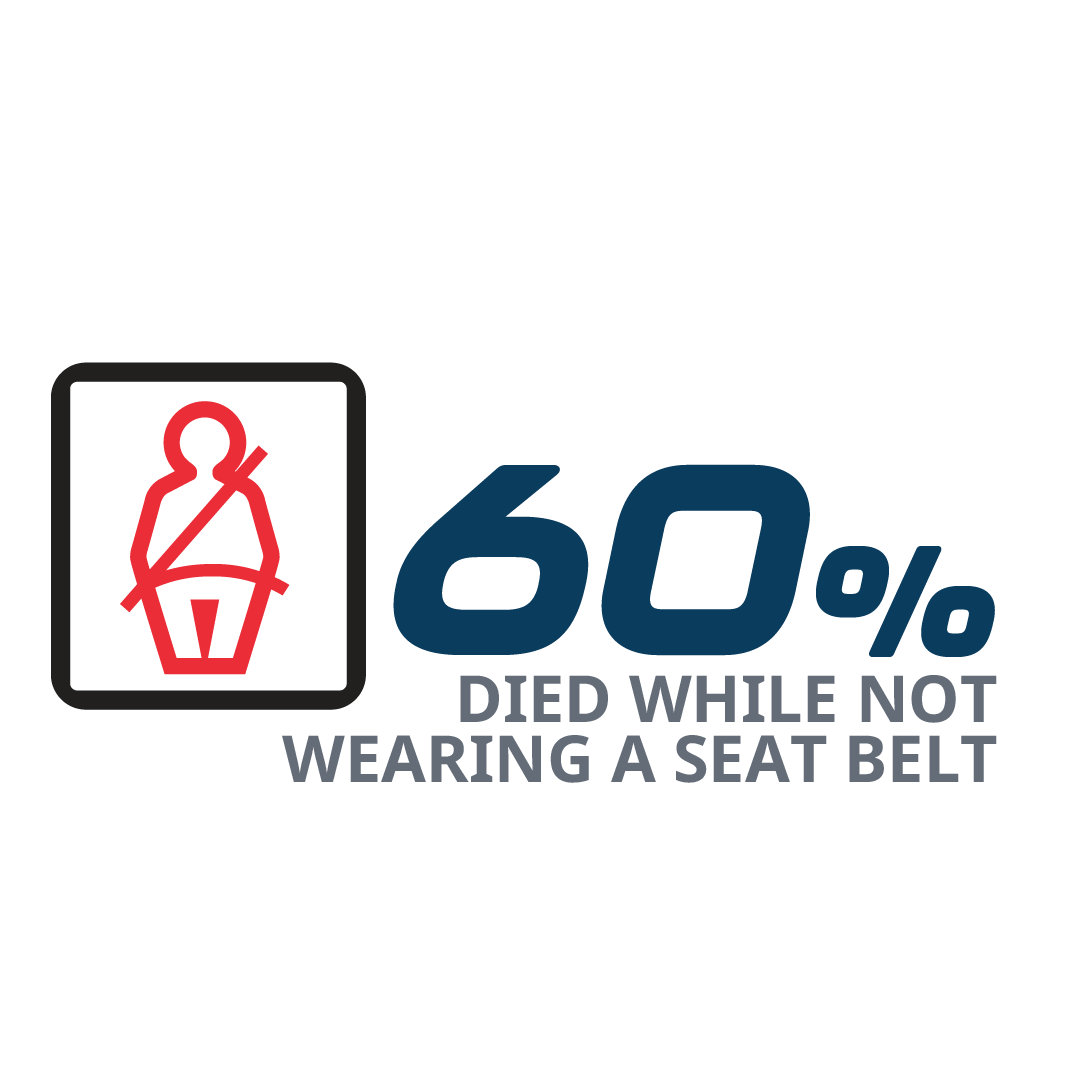The Alabama Department of Transportation (ALDOT) is improving safety and mobility on our state’s roadways. One innovative approach used is the Road Diet.
What is a Road Diet?
A Road Diet is a cost-effective strategy to enhance safety and mobility on traditional four-lane undivided highways. It involves converting a four-lane road into a three-lane road with two through lanes and a center turn lane.

Why Consider a Road Diet?
- Enhanced Safety: Road Diets can reduce crashes by up to 47% by reducing the speed differential between vehicles and minimizing conflict points.
- Improved Mobility: By calming traffic and providing dedicated turning lanes, Road Diets can improve traffic flow and reduce congestion.
- Complete Streets: Road Diets allow for the addition of pedestrian and bicycle facilities, such as sidewalks, bike lanes, and crosswalks, making our roads more accessible to all users.
- Cost-Effective: Road Diets can be implemented at a relatively low cost, often requiring only restriping and minor adjustments to existing infrastructure.
Benefits for Alabama Communities
- Safer Roads: Fewer crashes mean fewer injuries and fatalities.
- Improved Quality of Life: More walkable and bikeable communities encourage healthier lifestyles.
- Economic Development: Safer and more accessible roads can attract businesses and residents.
Transportation agencies have implemented Road Diets for more than three decades, proving their long-term effectiveness.
ALDOT is prioritizing safety, mobility, and sustainability, so we can create a better transportation system for all Alabamians.




